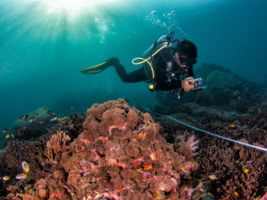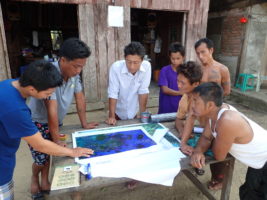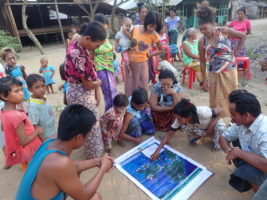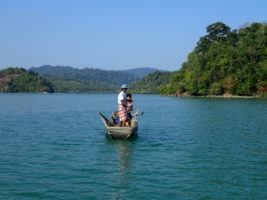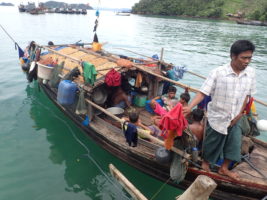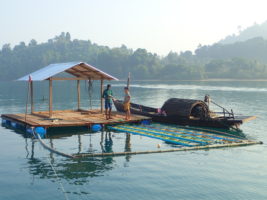Collaborative Marine and Coastal Conservation in Myeik Archipelago
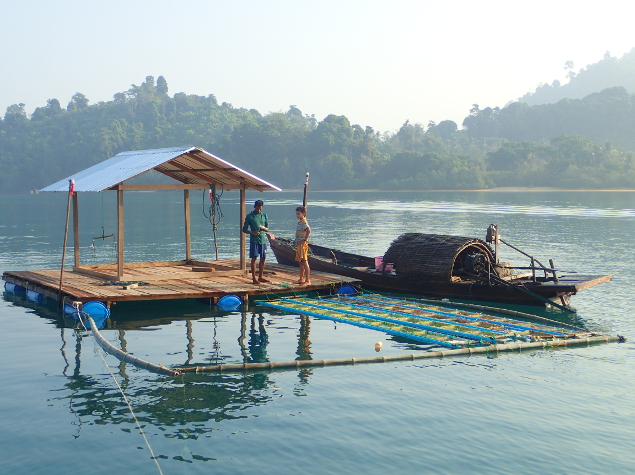
Context:
With a poverty rate at nearly 37%, Myanmar is one of Asia’s poorest nations. The ability to effectively manage natural resources is limited, coupled with little budget and capacity for biodiversity conservation. The marine environment is also facing various threats such as: overfishing, destructive fishing practices, increasing aquaculture and sedimentation… resulting in fish stocks falling by up to 90% in 40 years.
Fauna & Flora International (FFI) first engaged the Myanmar Government in 2011 to scope ideas for marine and coastal conservation activities in the Myeik Archipelago. This work has culminated with the identification of almost 30 areas of biodiversity or ecological importance providing a comprehensive data set to begin establishment of Marine Protected Area (MPA) and Locally Managed Marine Area (LMMA) networks. Through FFI’s facilitation and support, Myanmar recently designated three LMMAs.
Objective:
Department of Fisheries and local communities showed greatest interest to bring more areas under LMMA management and it is therefore the focus of this project implemented by FFI. The aim is to establish a network of functioning LMMAs throughout the Myeik Archipelago for conservation of key biodiversity areas and sustainable fisheries management.
Activities:
To this end, the capacity of the three existing LMMAs to deliver effective marine management will be increased. Specialized habitat status surveys will be supported in partnership with Myanmar universities. Patrols of the sites will be also supported including an education, awareness and compliance component. This project will also provide maintenance of boundary markers, signage and education/awareness materials.
At least four new marine areas will be created and sustainably managed through the LMMA model. Socio-economic surveys, resource mapping, threat and stakeholder assessments will be implemented in the proposed sites. LMMA management committees, fish catch monitoring programs, participatory boundary and zoning mapping will be established. Surrounding communities/fishers will be also consulted.
The net income for LMMA households will be increased through improvements in quality of products and more efficient and equitable relationships with other market actors. Participatory market mapping between fishers/farmers and other market actors will be facilitated. Fishers/farmers will be supported in access to locally appropriate micro-finance mechanisms. Training/mentoring/peer learning for producers will be supported to improve quality of products and to secure better prices for sustainable catch volumes.
Video on this beautiful area and the project:
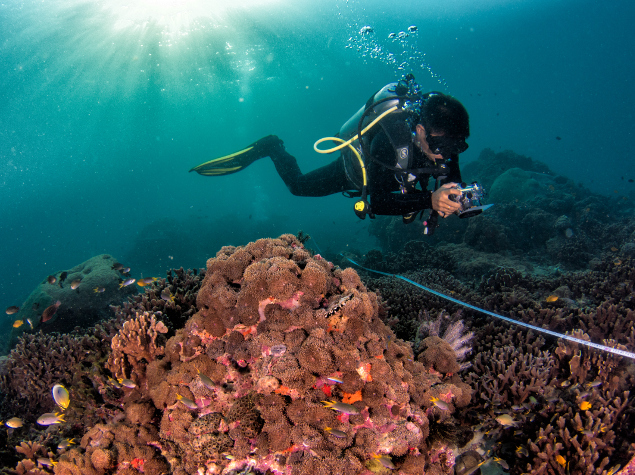
Coral reef surveys to identify biodiverse sites © Michelangelo Pignani - FFI
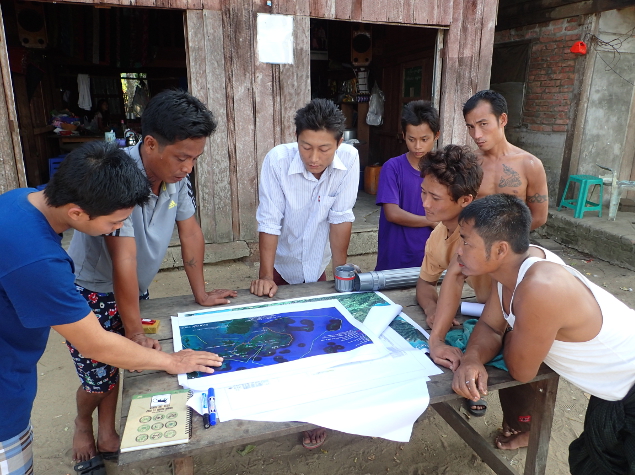
Providing map training to villagers in one of the LMMAs © Robert Howard - FFI
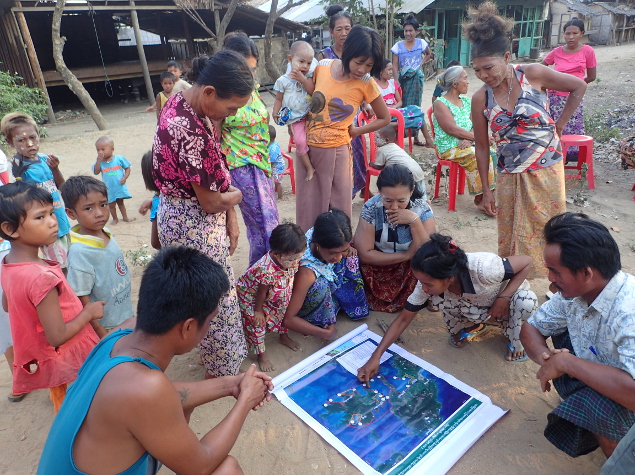
Drafting the boundaries and zones of one of the LMMAs © Robert Howard - FFI
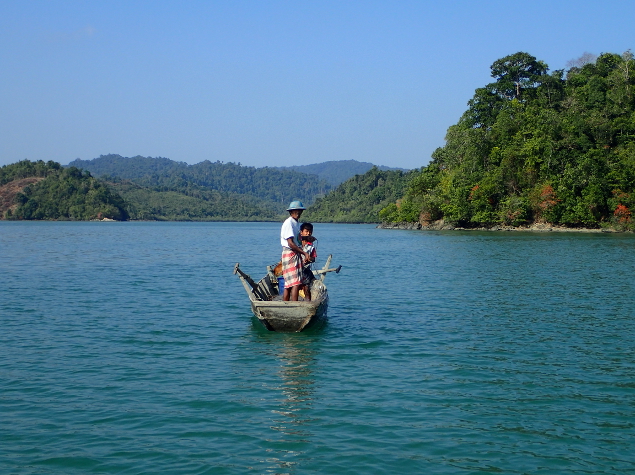
Crab fishers from one of the LMMAs © Robert Howard - FFI
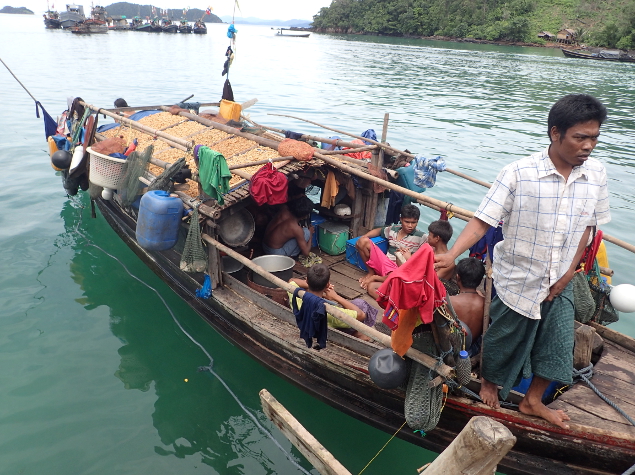
Moken fishers and their boat (17 people live on the boat for several weeks) © Robert Howard - FFI

A crab bank where fishers keep berried female crabs until they release their eggs © Robert Howard - FFI
